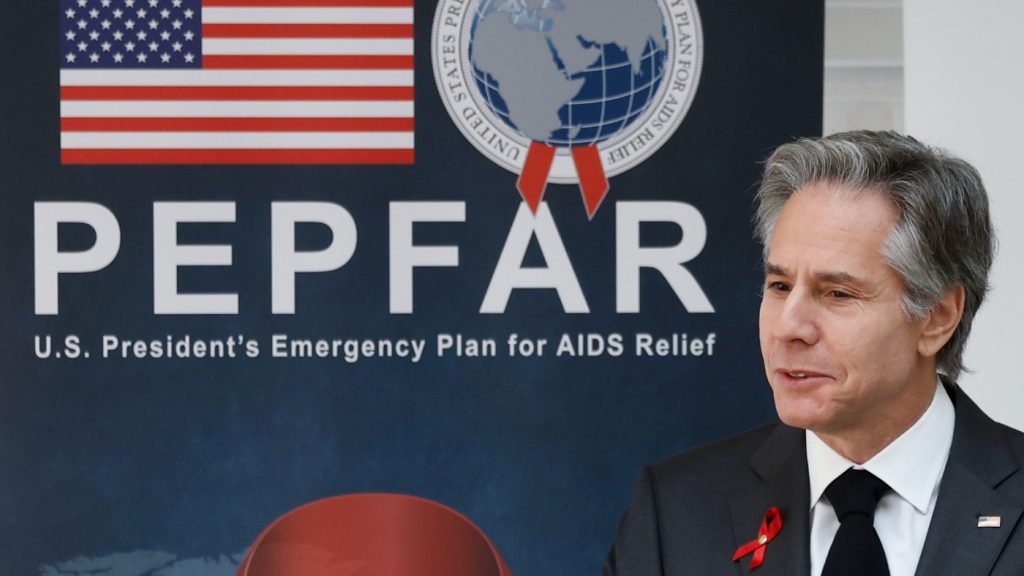The main U.S. program to fight HIV/AIDS overseas received a one year delay in the spending bill, temporarily stopping an unusual partisan disagreement about the initiative.
The one year expansion for PEPFAR, the President’s Emergency Plan for AIDS Relief, maintains funding at the same level until March 2025 and does not include any anti-abortion restrictions supported by conservatives.
PEPFAR is acknowledged for saving 25 million lives since it was established by then-President George W. Bush in 2003, and has generally had support from both political parties. It is widely seen as one of the most effective global health programs in U.S. history. This is the first time the program has been reauthorized for less than five years.
BestReviews is reader-supported and may earn an affiliate commission.
Best Holiday Deals

Bush has been lobbying to save the program, and in an opinion piece in the Washington Post last fall warned that the U.S. risked backpedaling on “two decades of unimaginable progress and raise further questions about the worth of America’s word.”
But outside conservative groups and GOP lawmakers last year began targeting the program over concerns about sending money to groups that perform abortions. Even though U.S. law prohibits the use of U.S. foreign assistance, including PEPFAR funding, for abortion, Republicans held up the renewal for months, allowing several key provisions of the program to expire last fall.
They wanted the reinstate the so-called Mexico City policy enacted by former President Trump, which blocked U.S. federal funding for non-governmental organizations that performed abortions or provided abortion counseling or referrals.
Delaying the PEPFAR fight until next year keeps it out of election year politics, but the abortion issues are not likely to go away. It also extends the program into another potential Trump administration, which would likely move quickly to reinstate the previous restrictions.
Advocacy groups said they were happy to see the program renewed, even if it was only for a year.
“I think it’s sending that it’s sending a really important signal to our partner countries that the U.S. is still committed to this fight,” said Katie Coester, Associate Director of Public Policy and Advocacy at the Elizabeth Glaser Pediatric AIDS Foundation.
“We appreciate that leaders in Congress got together and got the short extension of the expiring provisions, we’re really pleased with that, but still feel … it sort of falls short of meeting the moment,” Coester said.









